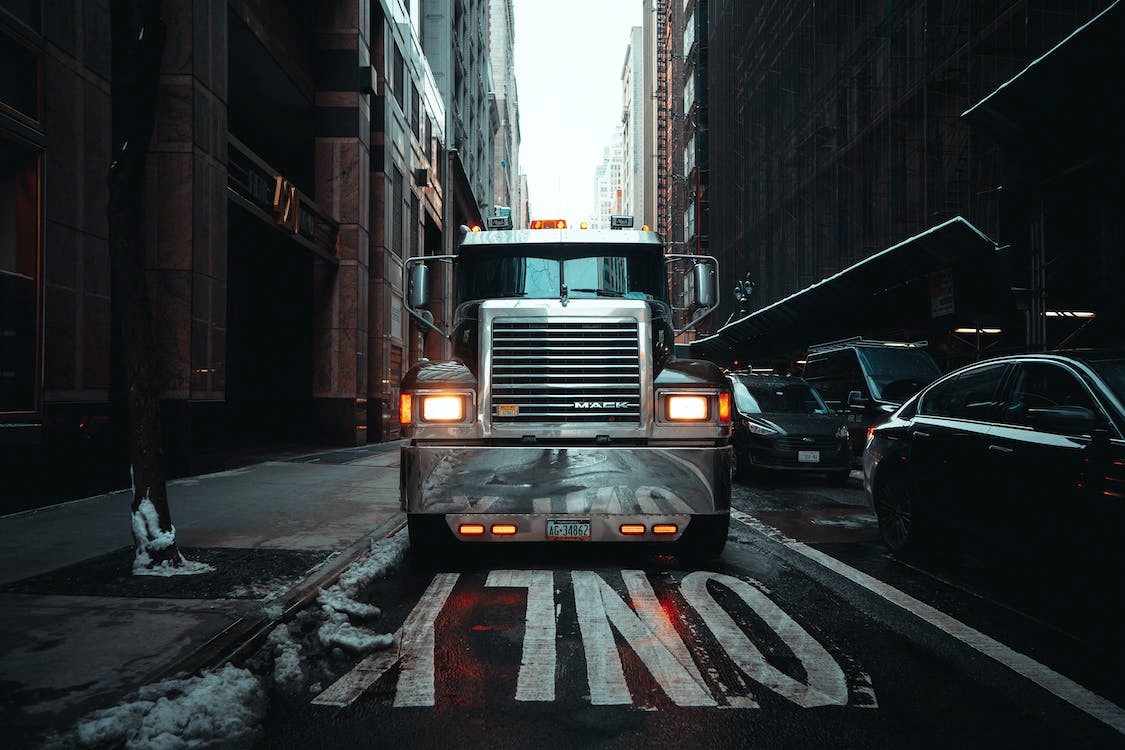How Trucking Companies Are Adapting to the Digital Age
The trucking industry is a vital component of the global economy, responsible for the transportation of goods and products across the country. With the rise of e-commerce and the growth of the logistics industry, trucking companies have been forced to adapt to keep pace with the rapidly changing landscape. The emergence of new technologies has created a paradigm shift in the trucking industry, providing companies with new ways to manage their operations, streamline processes, and increase efficiency.
The Rise of Digitalization in the Trucking Industry
Digitalization has brought about a transformation in the trucking industry, with the introduction of new technologies such as artificial intelligence, telematics, and the internet of things. These technologies have enabled trucking companies to automate processes and optimize their operations, leading to significant improvements in efficiency, productivity, and cost savings.
Telematics
Telematics has revolutionized the trucking industry by providing real-time data on vehicle location, speed, and driver behavior. This technology allows trucking companies to monitor their fleet, identify areas for improvement, and take corrective action where necessary. Telematics has also been instrumental in improving safety on the roads, reducing accidents and fatalities.
Artificial Intelligence
Artificial intelligence has become an essential tool for trucking companies looking to optimize their operations. AI-powered algorithms can analyze vast amounts of data, enabling companies to make data-driven decisions and improve their bottom line. AI-powered predictive maintenance tools have also helped companies reduce downtime and increase vehicle uptime.
The Internet of Things
The internet of things has brought about a significant shift in the trucking industry, with the introduction of new devices such as smart sensors, RFID tags, and GPS trackers. These devices have enabled companies to track shipments in real-time, monitor driver behavior, and optimize routes, leading to significant cost savings and increased efficiency.
Benefits of Digitalization in the Trucking Industry
Digitalization has brought about several benefits for trucking companies, including increased efficiency, reduced costs, improved safety, and enhanced customer satisfaction.
Increased Efficiency
Digitalization has enabled trucking companies to automate processes and optimize their operations, leading to increased efficiency and productivity. Real-time data on vehicle location, driver behavior, and shipment tracking has enabled companies to identify areas for improvement and take corrective action where necessary.
Reduced Costs
Digitalization has also helped trucking companies reduce costs by optimizing routes, reducing downtime, and increasing vehicle uptime. The use of AI-powered predictive maintenance tools has also helped companies reduce maintenance costs and avoid costly breakdowns.
Improved Safety
Digitalization has played a crucial role in improving safety on the roads, with telematics and AI-powered algorithms providing real-time data on driver behavior and vehicle performance. This data has enabled companies to identify unsafe driving practices and take corrective action, reducing accidents and fatalities.
Enhanced Customer Satisfaction
Digitalization has enabled trucking companies to provide real-time shipment tracking, enhanced communication, and improved delivery times, leading to increased customer satisfaction.
Challenges of Digitalization in the Trucking Industry
While digitalization has brought about several benefits for the trucking industry, it has also presented several challenges that companies must overcome.
Implementation Costs
The implementation of digitalization technologies can be costly, with companies needing to invest in new devices, software, and training.
Integration with Legacy Systems
Trucking companies must also find ways to integrate new technologies with their existing legacy systems, which can be challenging and time-consuming.
Driver Resistance
The introduction of new technologies may also face resistance from drivers who may be hesitant to adopt new ways of working.
The Future of Digitalization in the Trucking Industry
Despite the challenges, the future of digitalization in the trucking industry looks bright. With the continued development of new technologies such as autonomous vehicles, blockchain, and big data analytics, the trucking industry is poised for significant transformation in the coming years.
Autonomous Vehicles
The introduction of autonomous vehicles is set to revolutionize the trucking industry, enabling companies to reduce labor costs, improve safety, and increase efficiency.
Blockchain
Blockchain technology has the potential to revolutionize the way trucking companies manage their supply chain, providing real-time visibility, and enhancing security.
Big Data Analytics
Big data analytics can provide trucking companies with real-time insights into their operations, enabling them to identify areas for improvement and make data-driven decisions.
In conclusion, digitalization has become a necessary component of the trucking industry, enabling companies to optimize their operations, reduce costs, and improve safety. While the implementation of new technologies may present challenges, the benefits of digitalization far outweigh the costs. With the continued development of new technologies, the trucking industry is poised for significant transformation in the coming years.

